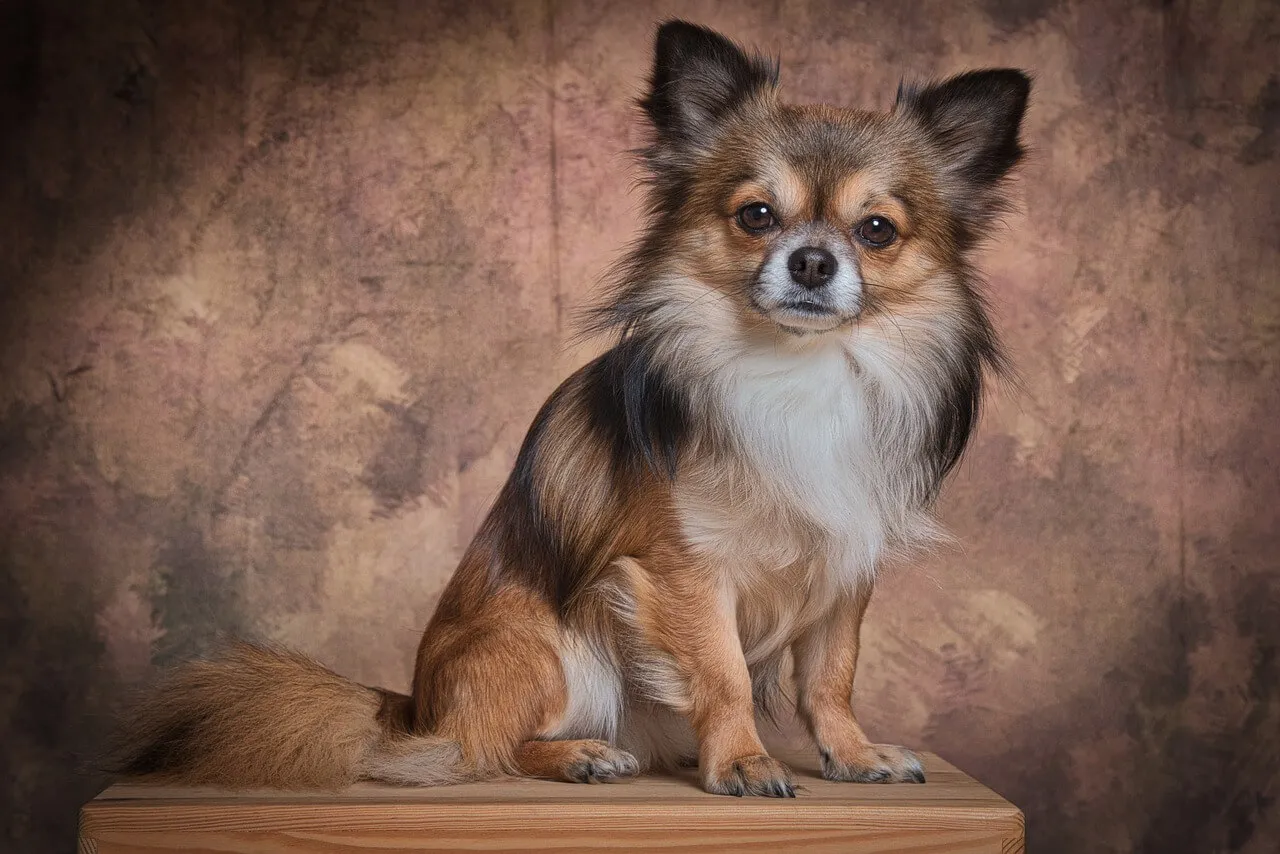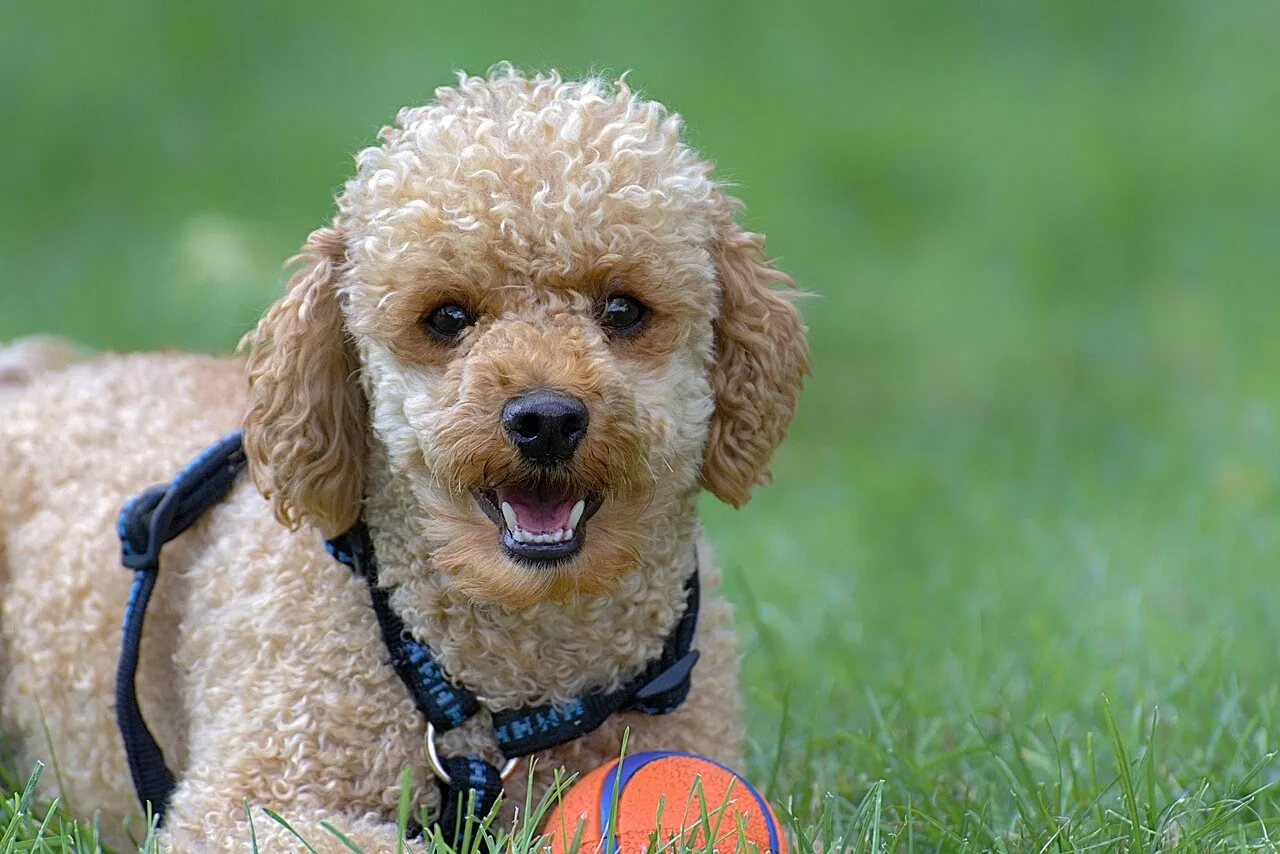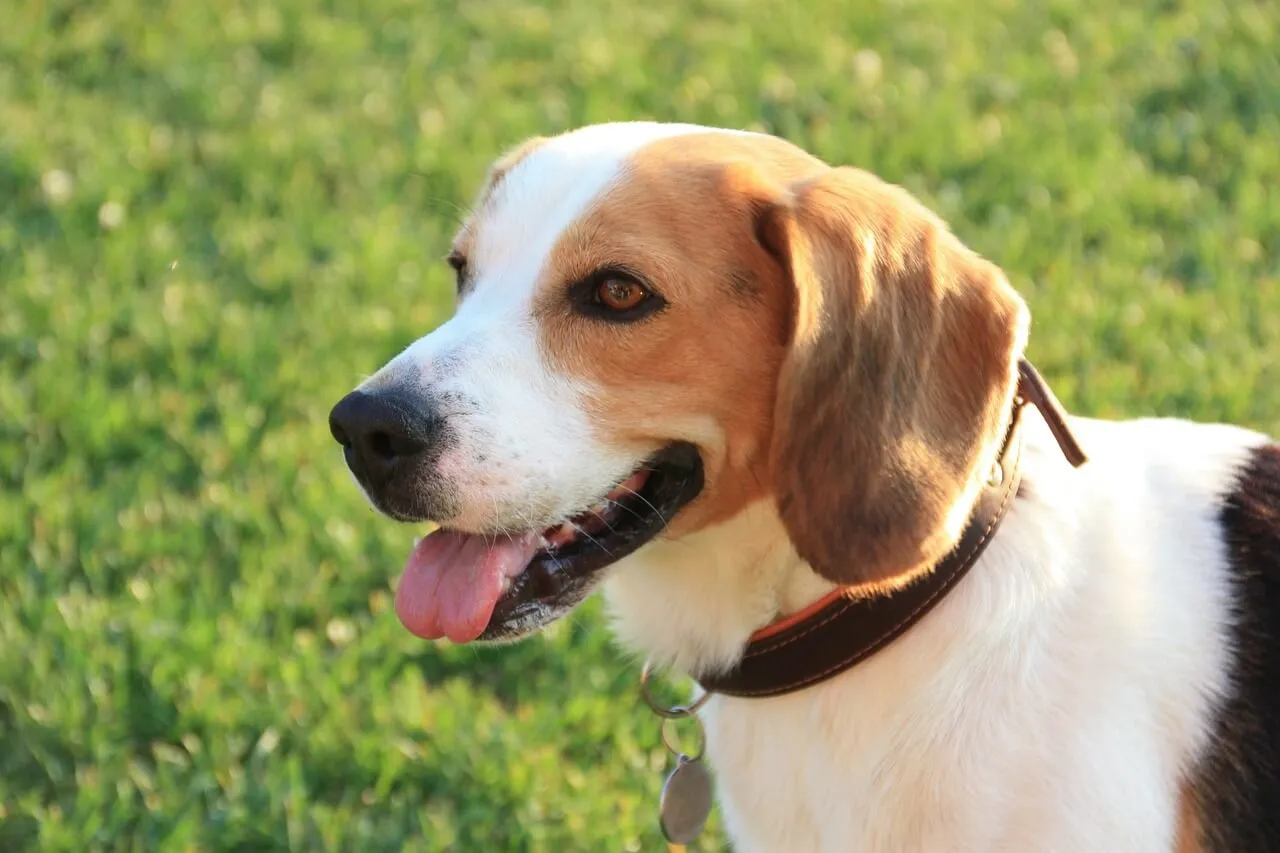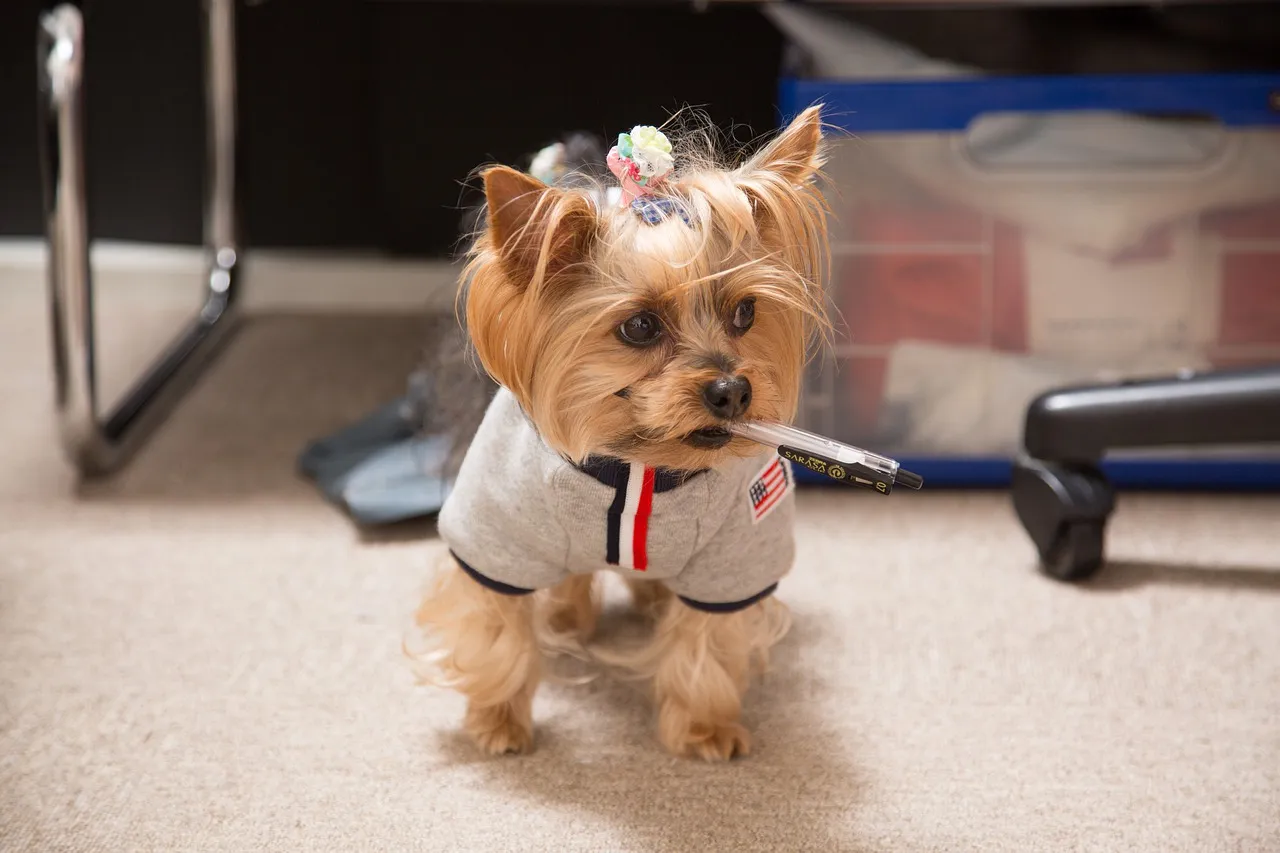Emotional support animals (ESAs) are increasingly recognized as a valuable tool for managing emotional and mental health conditions. Among ESAs, dogs are particularly popular due to their capacity for unconditional love and companionship. While any dog can provide emotional support, certain breeds are better suited for the role, especially when considering size and temperament. Small dog breeds, in particular, offer several advantages as ESAs. They adapt well to apartment living, are often permitted in aircraft cabins, and provide comfort through close physical contact. If you’re seeking a small canine companion to provide emotional support, explore these breeds known for their loving and supportive natures.
Emotional support dogs do not need specialized training to provide comfort and companionship. They offer support to individuals facing social anxiety, PTSD, ADHD, depression, and other mental health challenges. Unlike psychiatric service dogs, emotional support dogs are not covered by the Americans with Disabilities Act (ADA).
After understanding the basics, let’s find out which small dog breeds that can be your best emotional support. Before that, here are some helpful links: [types of dogs for service dogs](https://dogcarestory.com/types-of-dogs-for-service-dogs/), [best service dog breeds for autism](https://dogcarestory.com/best-service-dog-breeds-for-autism/).
1. Chihuahuas
Chihuahuas, renowned as the smallest dog breed globally, are ideal companions for travel and compact living spaces.
Temperament: Despite their diminutive size, Chihuahuas exhibit unwavering loyalty to their owners. This makes them perfect companions for single-person households and reliable family members. Chihuahuas thrive on connection and seek out those who provide care, play, and walks. Their affinity for children further solidifies their position as excellent kid-friendly dogs.
Energy Level: While Chihuahuas may occasionally display nippy or yappy behavior, they adapt swiftly to new environments given adequate exercise and engagement.
Shedding: Both short-haired and long-haired Chihuahuas shed moderately, primarily during spring and fall. Regular grooming during these shedding periods is sufficient to maintain their coat.
 Loyal Chihuahua
Loyal Chihuahua
2. Poodles
Poodles come in various sizes, including Standard, Miniature, Toy, Klein (Moyen), and Teacup. They are recognized for their intelligence and hypoallergenic coats.
Temperament: Poodles possess exceptional intelligence and trainability. Their sharp noses enable them to learn tricks quickly.
Energy Level: Poodles are an active breed with hunting ancestry, enjoying activities such as fetching and training. They serve as great running partners, and they are equally adept at sensing emotions and offering comfort by sitting on your lap.
Shedding: Poodles are considered non-shedding and hypoallergenic, which makes them suitable for individuals with allergies. Regular grooming is essential to maintain their coat length.
 Intelligent Poodle
Intelligent Poodle
3. Cavalier King Charles Spaniels
Cavalier King Charles Spaniels are known for their affectionate and gentle nature.
Temperament: These dogs are friendly, playful, gentle, and peaceful. They get along well with people, other dogs, and even cats. Their expressive eyes and floppy ears offer immense positive energy for those in distress. Early socialization training is important to prevent shyness.
Energy Level: Cavalier King Charles Spaniels enjoy long walks and fetch games, showcasing their running and chasing abilities.
Shedding: They are heavy shedders, so you can expect to find hair on clothing, furniture, and bedding.
 Gentle Cavalier King Charles Spaniel
Gentle Cavalier King Charles Spaniel
4. Corgis
Corgis were originally bred for herding and farming, making them alert and protective companions.
Temperament: Corgis are known to be friendly, playful, affectionate, and obedient. Their adorable behavior and expressive faces can work wonders in alleviating negative emotions.
Energy Level: Corgis need plenty of exercise to burn their energy, owing to their herding instincts.
Shedding: Corgis are heavy shedders, mainly during the spring and summer seasons.
 Playful Corgi
Playful Corgi
5. Dachshunds
Dachshunds were originally bred to hunt burrow-dwelling animals, displaying their speed and agility.
Temperament: Dachshunds are affectionate family dogs, gentle with children. They enjoy playing fetch and running in the yard. Their active energy can positively influence individuals experiencing depression.
Energy Level: Dachshunds possess remarkable stamina and energy stemming from their hunting background. Besides daily walks, they enjoy outdoor play with other dogs and exploring their surroundings. Obedience training is crucial before taking them to public parks.
Shedding: Dachshunds are low-shedding dogs and generally do not require frequent bathing. They need regular brushing and ear cleaning to prevent infections.
 Energetic Dachshund
Energetic Dachshund
6. Pugs
Pugs are often selected as assistance dogs for psychiatric therapy due to their human-like expressions, displaying surprise and happiness.
Temperament: Pugs are energetic and affectionate, thriving on pleasing their owners with their playful antics and sparkling eyes. Their presence helps to ease anxiety and depression.
Energy Level: Pugs have a considerable amount of energy, enjoying outdoor activities and attention from their owners. Proper training can help manage their curiosity and avoid unwanted behavior.
Shedding: Pugs have short, glossy coats and shed moderately, needing regular brushing to eliminate loose hair.
 Affectionate Pug
Affectionate Pug
7. Bichon Frises
Bichon Frises are popular lap dogs in Europe, recognized for their plush, cotton-ball-like, hypoallergenic coats.
Temperament: Bichons are easy-going and intelligent, but they remain alert to strangers, which makes them great watchdogs with proper training. They are confident, curious, and affectionate, readily offering emotional support when needed.
Energy Level: Bichons are incredibly energetic and require daily exercise, including outdoor walks, games, and training. They enjoy spending time with their owners and can join them in various activities, such as gardening or hiking.
Shedding: Bichons shed minimally and require brushing two to three times weekly.
 Friendly Bichon Frise
Friendly Bichon Frise
8. Beagles
Beagles were originally bred for hunting hares and rabbits in Great Britain, renowned for their superior tracking instincts and keen sense of smell.
Temperament: Beagles are friendly, gentle, and known for their happy-go-lucky attitude. They are neither overly aggressive nor shy, making them excellent companions for families and individuals with mental disorders.
Energy Level: Beagles possess medium energy levels and remain content with minimal daily exercise. They enjoy walks in the park or on the beach and adapt well to apartment living, spending their time cuddling and napping.
Shedding: Beagles have short coats that require minimal maintenance, needing only occasional brushing every few days.
 Happy Beagle
Happy Beagle
9. Yorkshire Terriers
Yorkshire Terriers have a small size but a big personality, making them loving ESAs and service dogs for people with disabilities.
Temperament: They are brave, smart, trainable, and sensitive to dangers. They may bark at suspicious sounds, so it’s best to include obedience training.
Energy Level: Yorkshire Terriers retain a strong desire to chase, play, and pounce. They make perfect companions in small condos, with daily walks and playtimes being necessary.
Shedding: Yorkshire Terriers have long, silky coats that are non-allergenic and don’t shed much. Their coats grow fast and need regular trimming and brushing.
 Brave Yorkshire Terrier
Brave Yorkshire Terrier
10. Brussels Griffons
Brussels Griffons have lovable human-like features and are also referred to as “Monkeyface”.
Temperament: Brussels Griffons possess a great sense of humor and a cheerful personality, enabling them to get along well with people and other pets. Their companionship brings happiness and joy, making them ideal emotional support animals.
Energy Level: Brussels Griffons have a lot of energy that can be almost satisfied with daily walks and playtimes without additional exercises in a big yard.
Shedding: Brussels Griffons have hard, wiry coats that are not prone to shedding.
 Cheerful Brussels Griffon
Cheerful Brussels Griffon
11. Affenpinschers
Affenpinschers, also known as monkey terriers, are ideal household companions because they deal well with playful kids.
Temperament: Affenpinschers are affectionate and loyal to their owners, even to their little owners like kids.
Energy Level: They are originally rodent hunters, so providing enough time for chasing will work off loads of their energy.
Shedding: Affenpinschers shed moderately and require little grooming.
 Loyal Affenpinscher
Loyal Affenpinscher
12. English Bulldogs
English Bulldogs have a reputation for being family dogs and guard dogs, even though they have muscular shapes and aggressive expressions.
Temperament: English Bulldogs are sweet and gentle to their owners. They are eager to attract someone’s attention and to be part of the family. However, they might be aggressive to unfamiliar dogs.
Energy Level: Muscular English bulldogs do not need lots of exercise. On the contrary, they like to cuddle on the soft couch and spend an entire afternoon there.
Shedding: The coat of English Bulldogs sheds moderately and only requires little grooming.
Choosing the right small dog breed for emotional support depends on individual preferences and lifestyles. Each of these breeds offers unique qualities that can provide comfort, companionship, and emotional well-being. Consider your specific needs and living situation when selecting the ideal ESA companion.
